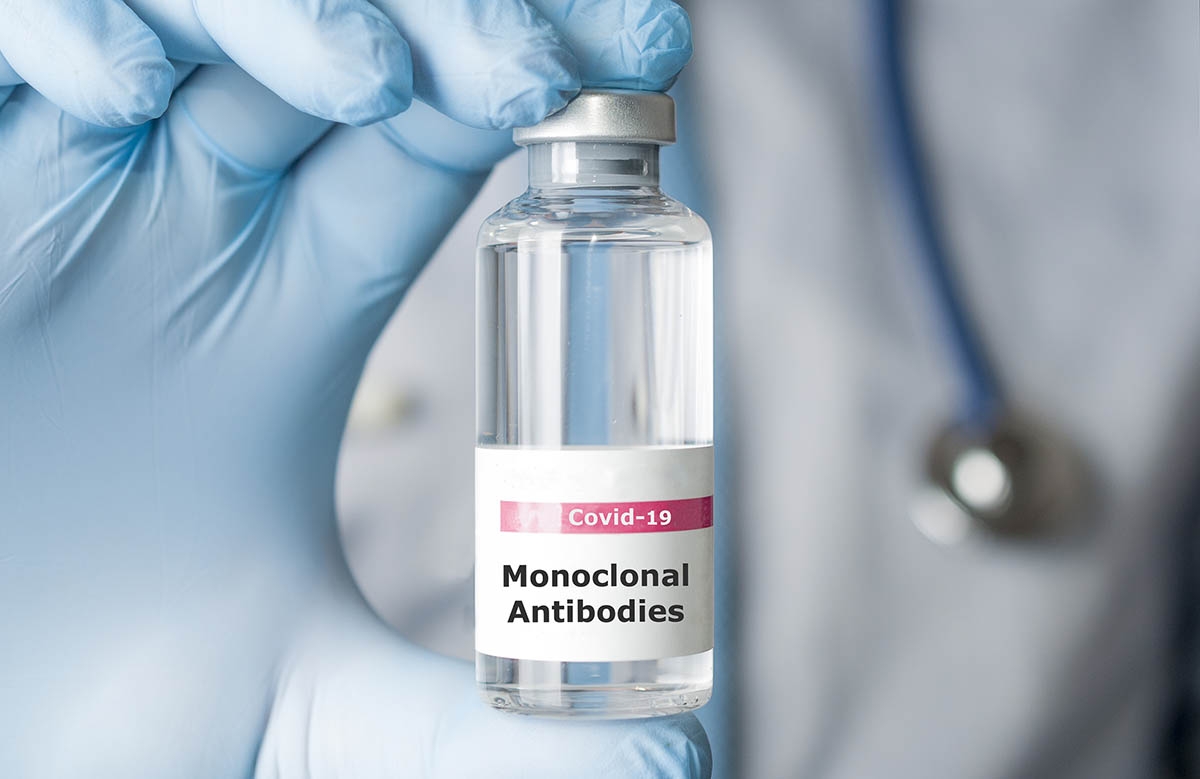
When you need to find and target specific molecules, monoclonal antibodies are the answer
Antibodies occur in two main forms – polyclonal and monoclonal antibodies. Polyclonal antibodies are heterogeneous mixtures of antibodies produced by clones of plasma B cells that can recognize and bind to different epitopes on an antigen. Scientists produce polyclonal antibodies by injecting an antigen to provoke a response from the immune system. They must then give a subsequent immunization to generate greater amounts of the antibody, draw blood, and remove the clotting proteins and red blood cells to create a serum.
Monoclonal antibodies are created by clones of a single parent B cell, meaning they are all identical and only recognize and bind to one specific epitope on an antigen. Scientists produce monoclonal antibodies by injecting an antigen numerous times to elicit an immune response. They must then isolate the B lymphocytes, fuse them with a myeloma cell line to create B cell-myeloma hybridomas, and screen these hybridomas for the target antibody.
Advantages of Polyclonal and Monoclonal Antibodies
Polyclonal antibodies are typically used as secondary antibodies in immunoassays to detect unknown antigens and native proteins. They bind to different epitopes on an antigen and amplify the generated signal to enhance detection. This can be particularly useful when working with target antigens that have low levels of expression. Polyclonal antibodies are sensitive to minor changes in antigens, have a high affinity against antigens, and are prone to cross-reactivity. Because they are produced by different animals at separate times, they provide a limited supply of antibodies and may show significant variability between batches. However, they are efficiently produced, making them a popular choice for general research applications.
While the main advantage of polyclonal antibodies is their multi-epitope specificity, the main advantage of monoclonal antibodies is their high specificity to one epitope, allowing for easier and more reliable detection. Because monoclonal antibodies are extremely sensitive and specific, they generate minimal background noise and cross-reactivity, and they are ideal for affinity purification. Monoclonal antibodies can serve as an unlimited, reproducible source for antibody production that is consistent, homogenous, and predictable.
Using Monoclonal Antibodies to Target Molecules
Due to these benefits, monoclonal antibodies are often used as primary antibodies in immunoassays to find and target specific molecules of interest. Their inclusion in these assays allows these assays to become standardized and secure systems. The ability to generate large quantities of identical antibodies makes monoclonal antibodies the superior option for manufacturing diagnostic tools and developing therapeutic drugs. Researchers use monoclonal antibodies to identify previously unknown molecules, visualize and locate key antigenic regions on these molecules, provide additional insight into their structure and functions, and develop clinical diagnostic tests.
Monoclonal antibodies have been used to develop treatments for a variety of medical conditions, and the FDA has approved monoclonal antibody therapy to treat several types of cancer, rheumatoid arthritis, asthma, and other illnesses. This form of immunotherapy uses the antibodies to bind to specific cells or proteins and prompt the patient’s immune system to attack these cells. In cancer treatment, pathologists can use monoclonal antibodies to analyze the expression of certain markers within tissues or tumors based on cellular genesis. This allows researchers to establish the nature of a tumor and make distinctions between morphologically similar tumors.
Photo: Cristian Storto Fotografia, iStock








